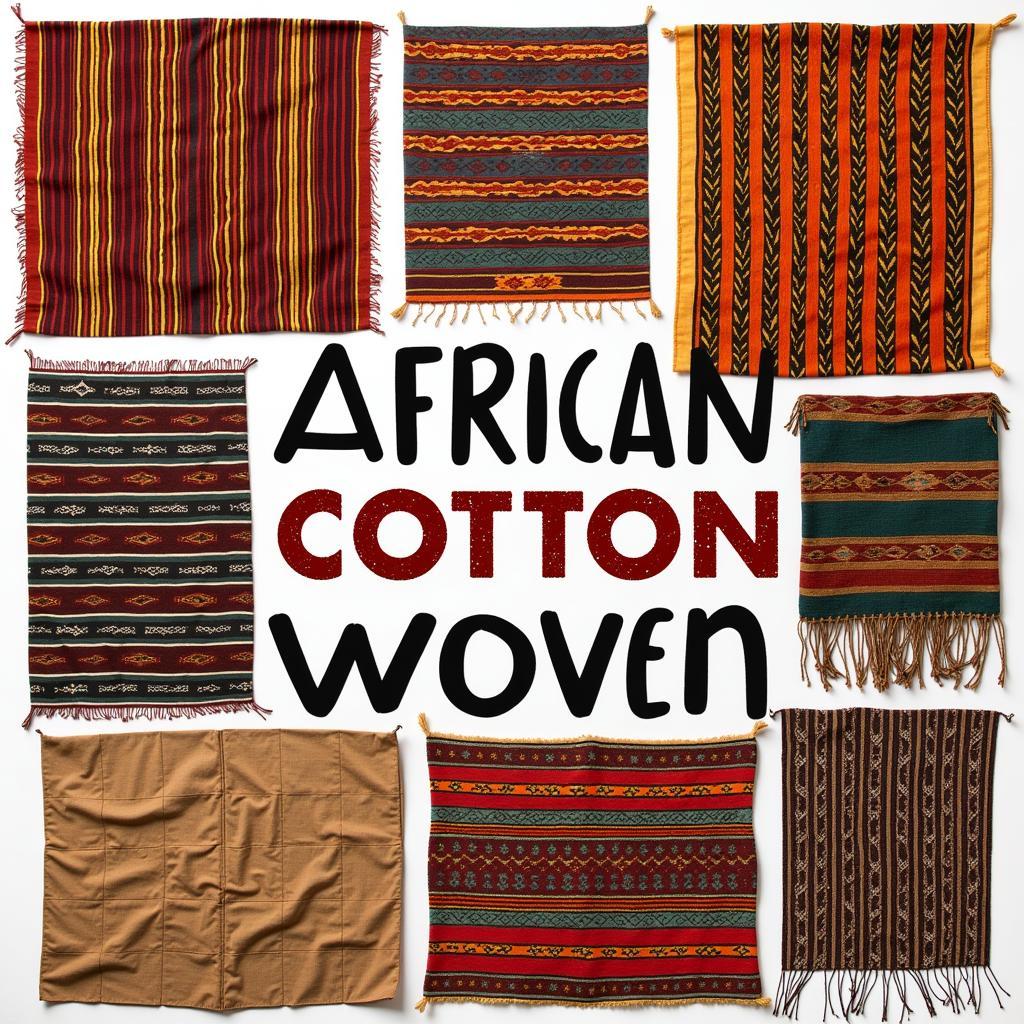African Diaspora Writers Notes: A Journey Through Words and History
The African diaspora, a tapestry woven from threads of resilience, creativity, and resistance, has produced a rich literary landscape. African diaspora writers have used their words to chronicle the complexities of their experiences, from the brutal realities of slavery to the triumph of cultural survival. Their narratives are essential to understanding the history, struggles, and triumphs of Black people across the globe.
Exploring the Literary Voices of the African Diaspora
The term “African diaspora” encompasses people of African descent living outside of the African continent. This sprawling community, spread across the Americas, Europe, and the Caribbean, has a shared history of displacement, oppression, and cultural adaptation.
The Roots of African Diaspora Literature
African diaspora literature can be traced back to the transatlantic slave trade, with narratives like “The Interesting Narrative of the Life of Olaudah Equiano, or Gustavus Vassa, the African” (1789) offering firsthand accounts of the horrors of slavery. These early works laid the foundation for a literary tradition that would continue to evolve and grapple with the complexities of Black identity and experience.
Key Themes in African Diaspora Literature
African diaspora writers explore a range of themes, often drawing from their shared history and cultural experiences. Some prominent themes include:
- The Impact of Slavery: The legacy of slavery continues to shape the lives of Black people around the world, impacting everything from social structures to individual identity. Writers like Toni Morrison, Maya Angelou, and James Baldwin have powerfully documented the impact of this institution on Black families, communities, and psyches.
- Cultural Identity and Belonging: The struggle to define one’s identity within a complex racial and cultural landscape is a central theme in many African diaspora works. Writers like W.E.B. Du Bois and Alice Walker explore the challenges of navigating a society that seeks to define you based on your skin color rather than your humanity.
- Resistance and Empowerment: African diaspora literature often celebrates the resilience and strength of Black people. Writers like Chinua Achebe, Ngugi wa Thiong’o, and Gayl Jones explore the ways in which Black communities have resisted oppression, fought for liberation, and created vibrant cultural spaces.
The Evolution of African Diaspora Writing
Throughout history, African diaspora literature has evolved, reflecting the changing realities of Black life in the diaspora.
The Harlem Renaissance (1920s-1930s)
The Harlem Renaissance marked a period of extraordinary creativity and cultural awakening for Black Americans. Writers like Langston Hughes, Zora Neale Hurston, and Claude McKay used their voices to celebrate Black culture, address racial inequality, and push the boundaries of literary expression.
The Black Arts Movement (1960s-1970s)
The Black Arts Movement emerged as a direct response to the Civil Rights Movement, seeking to reclaim Black voices and challenge the dominant narratives about Black life. Writers like Amiri Baraka, Nikki Giovanni, and Ishmael Reed produced powerful and politically charged works that challenged racism and promoted Black self-determination.
Contemporary African Diaspora Literature
Today, African diaspora writers continue to push boundaries and offer fresh perspectives on Black identity, history, and culture. Yaa Gyasi’s Homegoing and Ta-Nehisi Coates’s Between the World and Me are just two examples of the powerful and thought-provoking works being produced by contemporary writers.
The Importance of African Diaspora Writers’ Notes
The works of African diaspora writers are not simply literary creations; they are historical documents, cultural artifacts, and reflections of lived experiences. They offer invaluable insights into the history, struggles, and triumphs of Black people across the globe.
A Legacy of Resistance and Creativity
African diaspora writers have used their words to challenge societal norms, dismantle stereotypes, and amplify Black voices. Their notes have inspired countless individuals, fueled social change, and enriched the cultural landscape.
A Pathway to Understanding and Empathy
By engaging with the works of African diaspora writers, we gain a deeper understanding of the complexities of Black identity and experience. We learn about the shared history, the ongoing struggles, and the enduring resilience of a community that has faced unimaginable adversity.
A Call for Continued Engagement
The journey of the African diaspora is far from over. Continued engagement with the works of African diaspora writers is crucial. Through their narratives, we can learn from the past, understand the present, and shape a more just and equitable future.
Frequently Asked Questions
1. What are some of the most influential works of African diaspora literature?
Some of the most influential works include “The Interesting Narrative of the Life of Olaudah Equiano, or Gustavus Vassa, the African” (1789), “The Souls of Black Folk” (1903), “Their Eyes Were Watching God” (1937), “Native Son” (1940), “Invisible Man” (1952), “Go Tell It on the Mountain” (1953), “Beloved” (1987), and “Homegoing” (2016).
2. What are some key characteristics of African diaspora literature?
Key characteristics include the exploration of themes of slavery, identity, resistance, and cultural survival; the use of oral storytelling traditions; the incorporation of African languages and cultural elements; and the celebration of Black beauty, strength, and resilience.
3. How can I learn more about African diaspora literature?
There are many ways to learn more. You can visit libraries and bookstores, attend readings and talks by African diaspora authors, and explore online resources. You can also consider joining book clubs or online discussion groups focused on African diaspora literature.
4. Why is it important to study African diaspora literature?
Studying African diaspora literature provides valuable insights into the history, struggles, and triumphs of Black people across the globe. It also helps us to understand the complexities of race, identity, and culture in the contemporary world.
5. What are some of the challenges facing African diaspora writers today?
Challenges include racism, discrimination, and lack of representation in mainstream publishing. However, there is a growing movement to support and amplify the voices of African diaspora writers.
6. What is the future of African diaspora literature?
The future of African diaspora literature is bright. New generations of writers are emerging, bringing fresh perspectives and voices to the literary landscape. They are continuing the tradition of challenging societal norms, celebrating Black culture, and inspiring generations to come.



